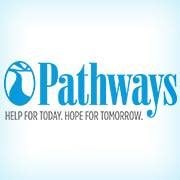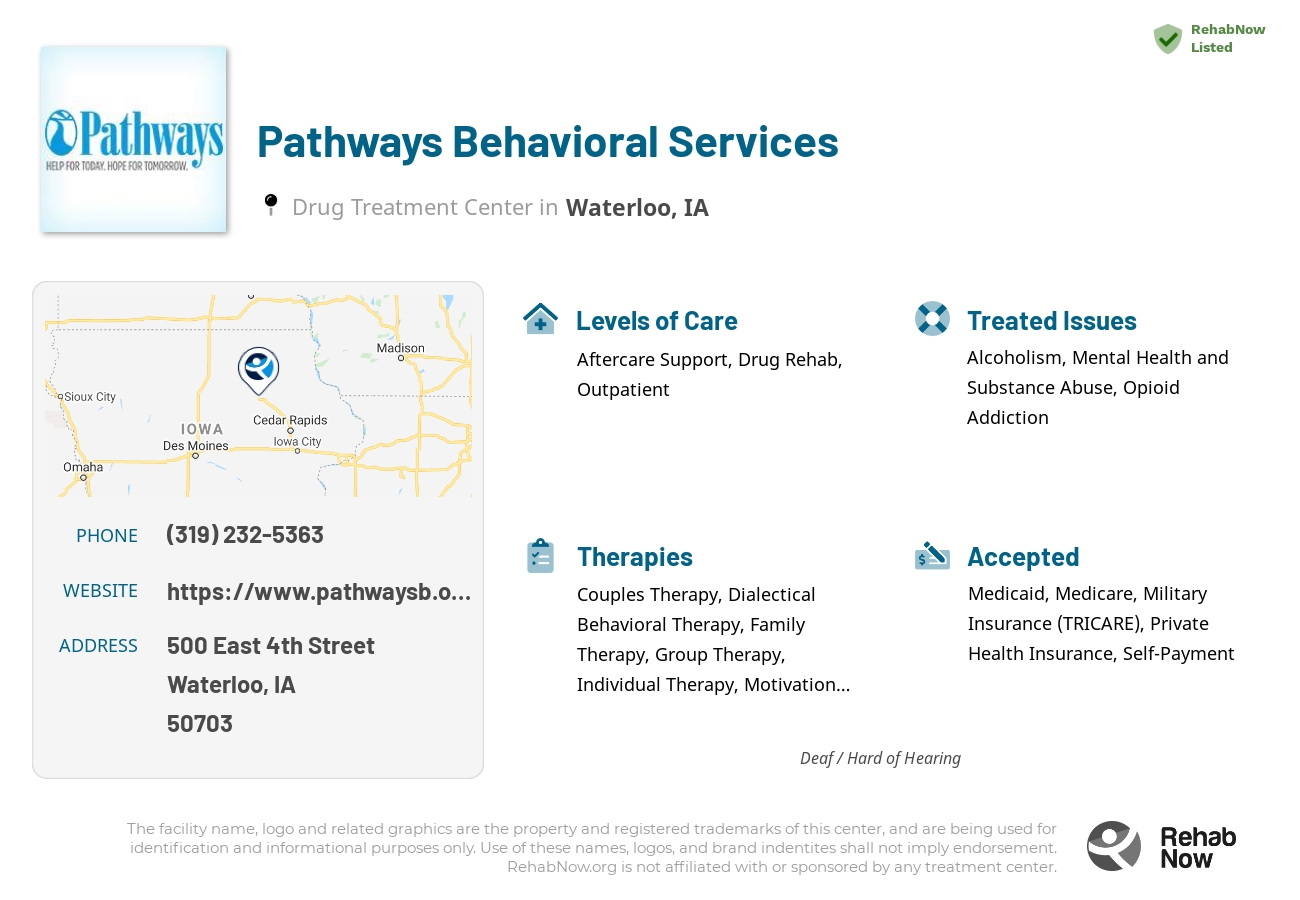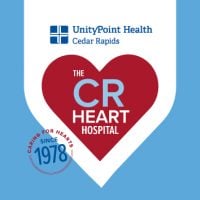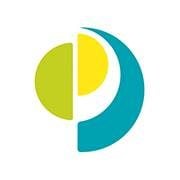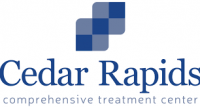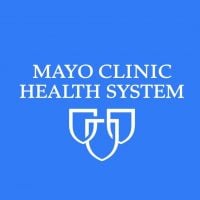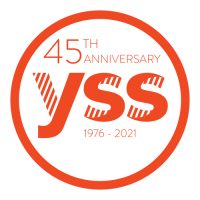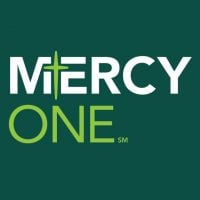Pathways Behavioral Services
Drug Rehab Center in Waterloo, Iowa
Pathways Behavioral Services is an accredited behavioral health organization in Waterloo, Iowa that provides addiction and substance abuse treatment, offering a variety of client-centered services for individuals with co-occurring mental health issues, including detoxification, physical therapy, medication management, counseling, education, and support for both clients and their families.
About Pathways Behavioral Services in Iowa
Founded in 1967, Pathways Behavioral Services is an Addiction Treatment Facility located in Waterloo, Iowa. With a focus on providing effective treatment options for individuals suffering from alcoholism, dual diagnosis, opioid addiction, and drug addiction, they strive to improve the well-being and quality of life for their patients. As an established facility that has been serving the community for over five decades, Pathways Behavioral Services offers comprehensive services to help individuals overcome substance abuse and addiction.
Pathways Behavioral Services provides a range of services and treatment methods tailored to address different needs and levels of care. Patients can benefit from their aftercare support programs, assisting them in maintaining their recovery even after completing the treatment. With numerous outpatient levels of care available, they implement evidence-based practices such as individual counseling and group therapy to address the underlying issues leading to addiction. Whether it's through drug rehab or outpatient treatment options, Pathways Behavioral Services offers a variety of resources aimed at helping individuals along their journey to recovery.
Genders
Ages
Modality
Additional
Conditions and Issues Treated
Opioid addiction has become a significant health problem in the United States. In 2015, there were 91 opioid overdose-related deaths per day, with a substantial increase in mortality rate in 2014.
When opioid addiction has reached a point where a person’s life becomes unmanageable, treatment options are available to help them get sober. Treatment that includes medical care with medications and counseling can help a user transition into sobriety.
Levels of Care Offered
This center offers a variety of custom treatment tailored to individual recovery. Currently available are Aftercare Support, Drug Rehab, Outpatient, with additional therapies available as listed below.
Outpatient treatment is often used for drug addicts in drug rehab. Outpatient treatment consists of counseling and therapy sessions. This form of treatment is also called ‘day-treatment’. The outpatient treatment process begins with the addict’s initial detox period, lasting about ten days.
Outpatient treatment is used for those who are at moderate risk for ‘slipping back’ into the addiction, for those who:
- Are not currently experiencing any side effects from withdrawal and can handle social pressure
- Can handle stressors that might trigger relapse
- Have a stable living environment or have moved out of their previous environment, which was not conducive to being sober
- Have a support system that allows them to go to a facility a few times a week while still keeping their current responsibilities
- Have no legal obligations, being either on parole or probation, that require them to seek treatment at a mandatory facility
- Are not currently experiencing any side effects from withdrawal and can handle social pressure
- Have a stable living environment or have moved out of their previous environment, which was not conducive to being sober
Completing a drug or alcohol rehab program is only the first step. Then comes aftercare support. These services include sober living accommodations, career counseling, and AA/NA programs for those struggling with sobriety or who want help maintaining it after initial rehab at an addiction facility.
They can last up to a year or more depending on what’s needed most urgently after the earlier stages are completed.
Therapies & Programs
Because no single treatment is effective for all addicts, the goal of treatment and therapy should be to figure out what works best for each individual. Tolerance and withdrawal levels differ from person to person, affecting the treatment intensity required. Addiction treatment should aim to help addicts develop healthy coping mechanisms for dealing with their addiction and its underlying causes.
Couples therapy works with clients and significant others in a professional capacity to improve relationship dynamics. This can be helpful for addicts who are trying to marry the idea of recovery into their work, family, social lives – any aspect that has to do with relationships. Through counseling sessions, addicts will have an opportunity to talk about their addiction with professional partners.
Family therapy is beneficial for people who are in addiction treatment services because it offers addicts the opportunity to work with their family members to better understand what led them to make choices that contributed to their addiction.
This type of therapy helps family members reach a deeper understanding of how they can best support their loved one during recovery. It also helps the addict better understand their own motivations and triggers that led them to turn to substance abuse.
Family therapy can help addicts in the following ways:
- Assists family members in processing difficult feelings so they don’t blame or resent recovering addicts
- Assists family members in understanding how addiction has impacted the addict and everyone who is involved with them
- Allows the addict to take responsibility for their actions, while encouraging improved communication skills
- Helps family members understand how to best support an individual in recovery so addicts don’t relapse again.
Group therapy can help build a stronger support system and give addicts in Waterloo, IA insight into their addiction that they gain through shared conversations. Group therapy occurs in a controlled group environment, exclusive of one on one meetings. This makes it safer for patients to feel comfortable sharing the struggles they’re going through and gaining perspective.
Trauma therapy is beneficial for people who are recovering from drug addiction because it helps them heal from past traumas that may have caused them to turn to harmful substances or led them to experience negative emotions that contributed to their destructive behaviors.
This type of treatment works by processing difficult experiences so individuals can learn how to process these events without having to turn to substances for coping.
Trauma therapy can help addicts in the following ways:
- Helps individuals understand their experiences and emotional responses to difficult events, including why they turned to drugs or alcohol
- Provides them with comfort and support while working through difficult emotions related to these traumatic experiences
- Offers an opportunity for addicts to have a voice and be heard, which can improve their self-esteem
- Can help them develop coping skills so they can better respond to triggers instead of turning to substance abuse.
Dialectical Behavior Therapy (DBT) is a cognitive-behavioral therapy that helps patients understand the relationship between their thoughts, feelings, and behaviors. It is beneficial for those whose addictions and behaviors stem from severe mental health issues. The term “Dialectic” means the integration of opposites. In substance abuse, DBT refers to accepting the patient’s addiction and working to change their thoughts and behavior. It improves life skills such as controlling intense emotions without reacting impulsively, resolving interpersonal conflicts effectively, and promoting awareness about self and others.
Cognitive-behavioral therapy is a technique that is used to help people with addiction. Specifically, it is a way of identifying thoughts and behaviors that cause the addiction. It is typically used in an individual counseling session.
The content explains cognitive behavioral therapy and how it works to address some behaviors that may be leading to unintended consequences in their life, as well as its benefits for those seeking sobriety.
It works by helping people to talk through their issues and addressing the thoughts that cause said behaviors. It is an excellent way of learning about oneself and one’s perception of the world.
Payment Options Accepted
For specific insurance or payment methods please contact us.
Is your insurance accepted?
Ask an expert, call (888) 674-0062
Pathways Behavioral Health Associated Centers
Discover treatment facilities under the same provider.
- Pathways Behavioral Health - Waverly in Waverly, IA
- Pathways Behavioral Health - Outpatient in Waterloo, IA
- Pathways Behavioral Health - Fredericksburg in Fredericksburg, IA
- Pathways Behavioral Health - Waterloo in Waterloo, IA
- Pathways Behavioral Health - Independence in Independence, IA
Learn More About Pathways Behavioral Health Centers
Additional Details
Specifics, location, and helpful extra information.
Waterloo, Iowa 50703 Phone Number(319) 232-5363 Meta DetailsUpdated November 25, 2023
Staff Verified
Pathways Behavioral Services Patient Reviews
There are no reviews yet. Be the first one to write one.
Waterloo, Iowa Addiction Information
Iowa ranks 2nd lowest in the nation for illicit drug use, but 12% of its residents are still using these drugs every single year. Methamphetamines account for more than 90% of all drug-related prison admissions in Iowa. Alcohol is the most widely abused substance in the state, with 23% of residents admitting to heavy drinking.
The drug addiction problem in Waterloo, Iowa is bad. 9.8 percent of Iowa residents aged 12 or older reported using illicit drugs in the past month, while 18.7 percent of residents reported binge drinking. The effects of drug addiction and abuse can be devastating. Most drug treatment programs will include detoxification, individual and group therapy, and aftercare planning.
Treatment in Nearby Cities
- Pocahontas, IA (120.0 mi.)
- New Providence, IA (45.5 mi.)
- Colfax, IA (73.7 mi.)
- Estherville, IA (141.4 mi.)
- Winterset, IA (118.5 mi.)
Centers near Pathways Behavioral Services
The facility name, logo and brand are the property and registered trademarks of Pathways Behavioral Services, and are being used for identification and informational purposes only. Use of these names, logos and brands shall not imply endorsement. RehabNow.org is not affiliated with or sponsored by Pathways Behavioral Services.
